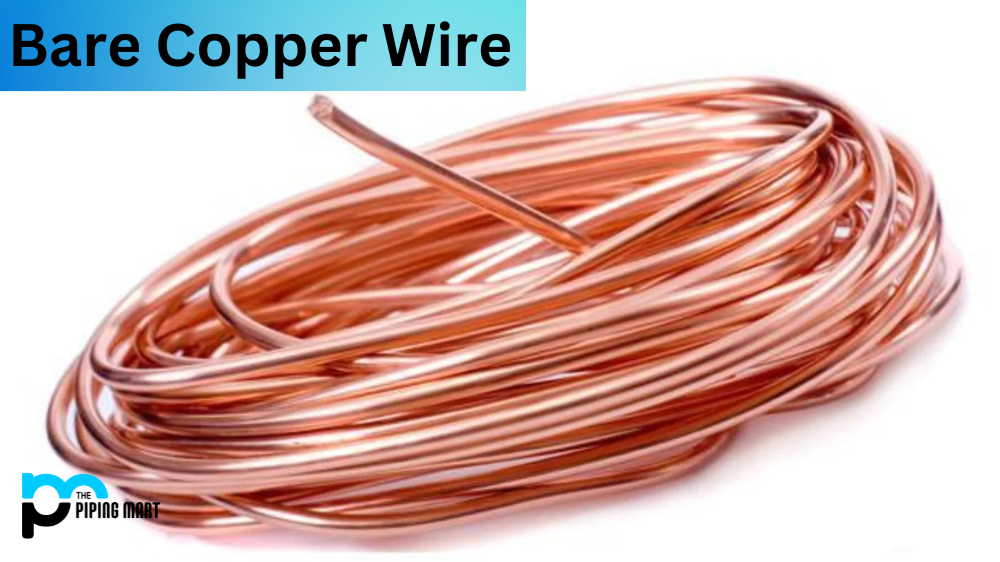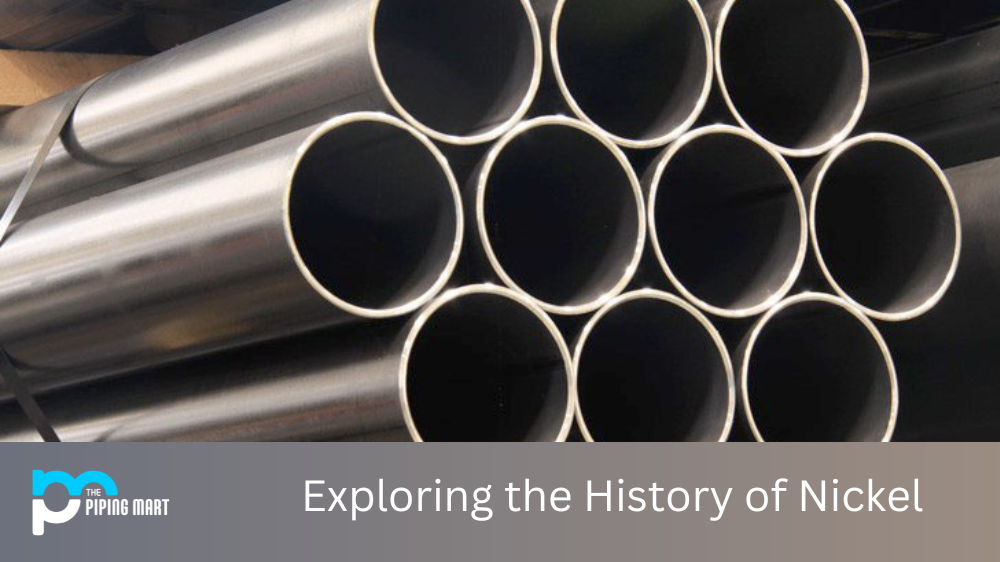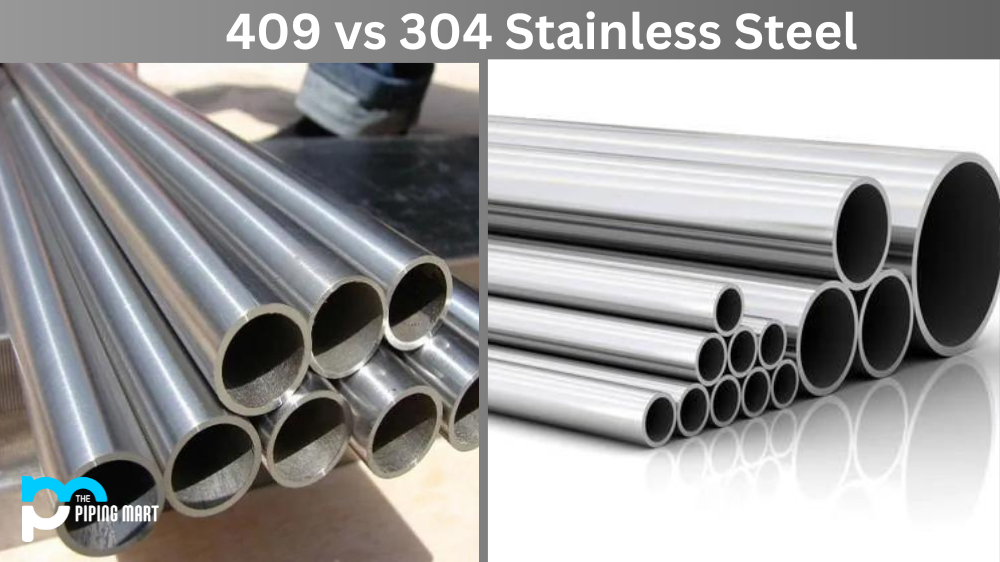If you’re an electrical contractor or a do-it-yourselfer, chances are you’ve heard of bare copper wire. But what is it exactly? And why is it so important for wiring projects? In this blog post, we’ll break down the basics of bare copper wire, from its definition to its uses in electrical work.
What is Bare Copper Wire?
Bare copper wire is a type of electrical conductor made up of uninsulated strands of solid copper. It’s used in a variety of electrical applications, such as wiring homes and businesses. The name comes from the fact that there’s no protective coating on the wire—it’s literally just copper.
Why Choose Bare Copper Wire?
Bare copper wire has several advantages over other types of electrical conductors, such as aluminum or insulated wires. First and foremost, it has excellent conductivity—in fact, it’s one of the best conductors available. This means that electricity can flow through it more easily and with less resistance than other materials, resulting in better power delivery and less energy waste. Additionally, bare copper wire is much more flexible than other types of wiring material and can be bent or twisted into any shape necessary for installation. Finally, it’s also very durable and resistant to corrosion from moisture and air exposure.
Bare Copper Wire Uses
Bare copper wire is ideal for a wide range of indoor and outdoor wiring applications. It can be used for residential wiring projects like connecting appliances, installing light fixtures and ceiling fans, or running underground power lines. It’s also commonly used in industrial settings to connect motors to power sources or to provide power between buildings on a property. Additionally, bare copper wire is often used in telecommunications systems due to its excellent conductivity properties.
Conclusion:
In summary, bare copper wire is an essential component for many wiring projects due to its excellent conductivity properties and flexibility. Its durability makes it well-suited for both indoor and outdoor applications—from residential wiring jobs to industrial settings—where reliability is essential. With all these benefits combined together, it’s easy to see why bare copper wire remains one of the most popular options for electrical contractors today.

A passionate metal industry expert and blogger. With over 5 years of experience in the field, Palak brings a wealth of knowledge and insight to her writing. Whether discussing the latest trends in the metal industry or sharing tips, she is dedicated to helping others succeed in the metal industry.




